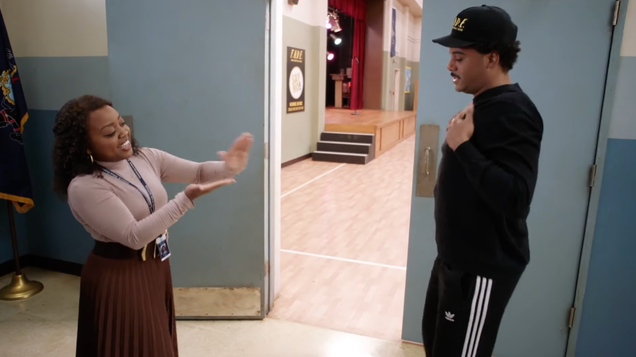If you think boxing is just about throwing punches, then honey, you're punching way below your weight. In the next few minutes, let me take you on a journey—a pilgrimage to the very soul of Black America, using boxing gloves as our compass.
We often look at boxing as a sport of muscle and grit. You throw some punches, take some, and—if you're good—you win a couple of shiny belts. But for Black America, those gloves symbolize more than just athletic prowess; they represent centuries of struggle and triumph. Now, I'm not here to glorify violence or even the sport itself; I'm here to let you in on an unsung legacy, one that shadow-boxes with us through every facet of life.
You see, every time a Black boxer throws a jab or ducks a punch, it's not just a physical act—it's a rebuttal to history, a counter-punch against centuries of injustice. We’ve been fighting since 1619, just not always in the ring. Now, we’re not just speaking about fighting against a system but also fighting to build our own legacy, just like a boxer building up their record punch by punch, win by win.
Now, don't just take my word for it—incorporate a little boxing into your daily routine. No, I’m not suggesting you start throwing hooks at your coworkers, but maybe the next time you're shadow-boxing life’s challenges, throw a jab of audacity and a right hook of resilience. See how you feel. See how you confront adversity, dodging its punches like Muhammad Ali in his prime, saying, "You can't hit what you can't see."
This legacy doesn't just fill us with nostalgia; it injects us with adrenaline. There's a reason boxing films are so damn electrifying, making you want to jump off your couch and into the ring—or the world—to battle your own obstacles. Just think about every fight as a metaphor for struggle, and every boxer as an emblem of survival. Now tell me that doesn't fill you with the kind of awe that makes you want to share this legacy with the world!
Look, when we talk about "Golden Gloves," we're not merely reminiscing about champions and their accolades. We're remembering the Black men and women who have, quite literally, fought for recognition in a world eager to count them out. From Tom Molineaux to Jack Johnson, Joe Louis to Muhammad Ali, and every glove-wearing warrior in between and beyond, they are the epitome of resistance and resilience. And as we navigate the complexities of today’s world, their legacy stands as an indelible part of not just Black history but American history.


